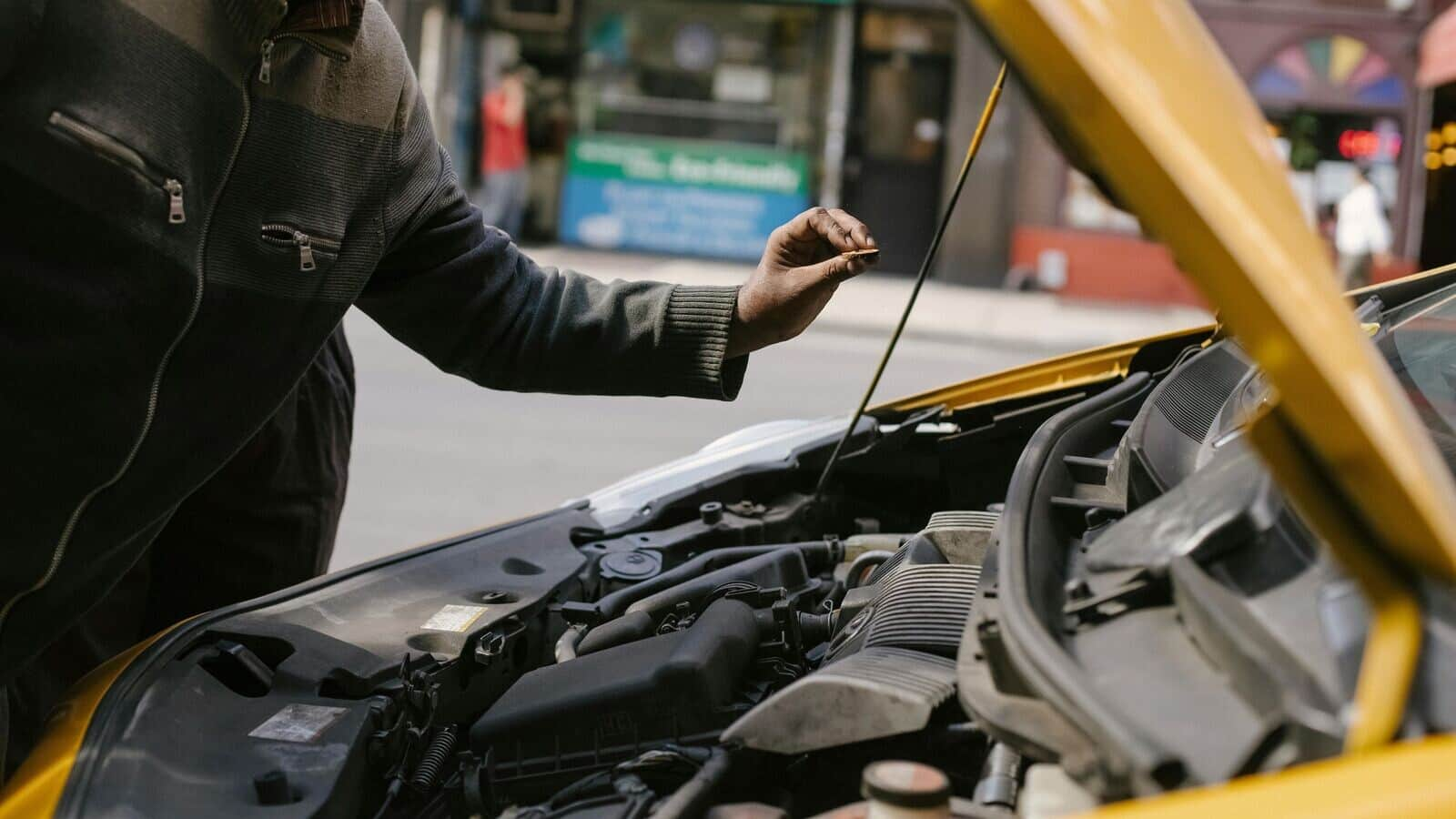
Planning a road trip? Here's how to prepare your car
What's the story
The festive season is often synonymous with long-distance road trips. However, the excitement of planning such an adventure should not overshadow the importance of preparing your vehicle for the journey ahead. Neglecting this crucial step can lead to various issues like an overheating engine, faulty brakes, poor mileage, and electrical malfunctions. These problems can range from minor inconveniences to potentially life-threatening situations if not addressed in time.
Brake check
The importance of brake testing
The first step in preparing your car for a long-distance trip is to thoroughly test your brakes. This involves ensuring that they are responsive and do not produce any unusual noises or vibrations. If the brake pedals feel spongy, it could indicate issues such as air pockets within the brake lines or leaking disk calipers. A comprehensive brake check is essential for safe driving during your road trip.
Filter replacement
Why you should replace air filters
Another crucial step in preparing your car for a long-distance journey is replacing the air filters. These components play a significant role in your vehicle's performance and mileage. A clogged or dirty air filter can restrict airflow into the engine's combustion chamber, thereby reducing power output. Replacing these filters is a simple task that requires only a new air filter and screwdriver, with gloves being optional but recommended for cleanliness.
Tire inspection
The role of tires in long-distance car trips
Tires are a critical component for car trips. It's recommended to start inspecting your tires at least a week before the trip, and then once again right before you set off. Check for uneven tread wear, or damage and ensure that the air pressure is adjusted to meet the OEM-recommended figure. Also, visit a service center to have your wheel alignment checked as poorly aligned wheels can reduce vehicle stability, and hamper mileage due to uneven tire wear.
Fluids check
Checking engine fluids and battery
Maintaining appropriate engine fluid levels is vital for your car's performance and mileage. Low fluid levels can lead to overheating and increased friction between engine components, potentially causing damage or failure. If you haven't taken your car through an oil change, get it done as soon as possible to prevent engine breakdowns and poor mileage. Additionally, ensure that your car's battery is in perfect condition by checking for corrosion on the battery terminals, and cleaning them if needed.